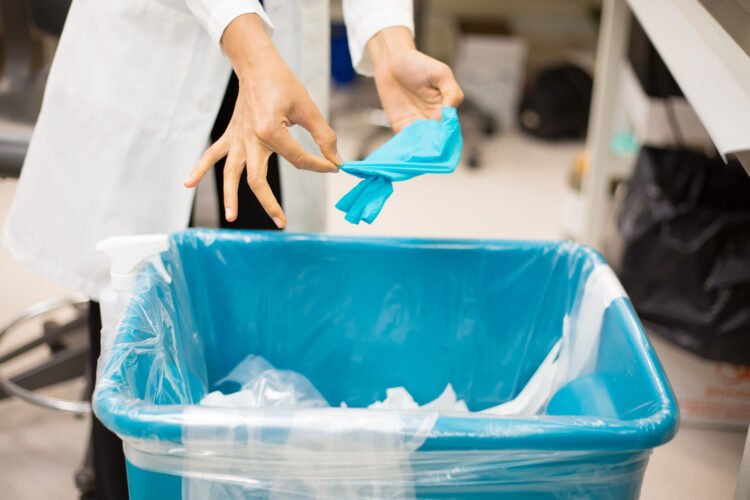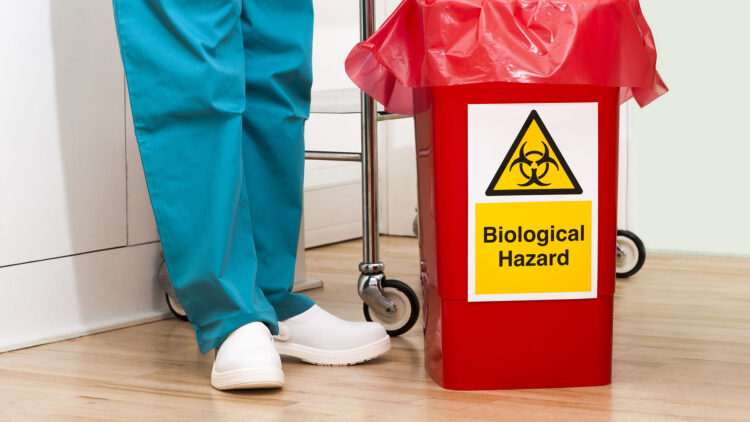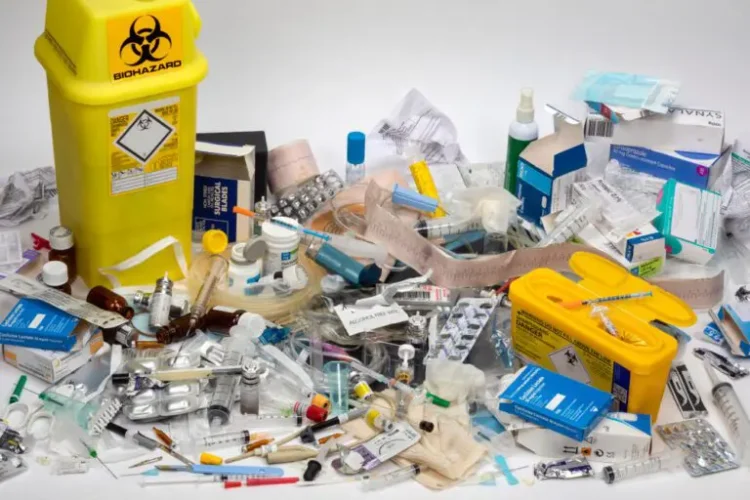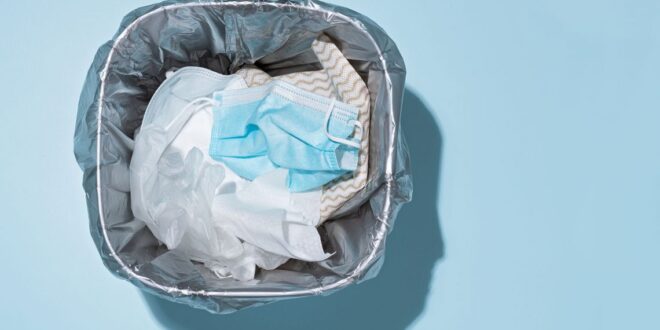You might not think about it often, but medical waste is a reality in our world. Every day, hospitals and clinics produce tons of waste that needs to be disposed of properly. But what happens to all that waste? Does it just get thrown away? In this blog post, we will explore the topic of medical waste and whether or not it gets recycled. Read on to learn more!
What is Medical Waste?

Medical waste is any type of waste that contains infectious materials or potentially harmful chemicals. This can include everything from used needles and syringes to medical equipment and even human tissue. Proper disposal of medical waste is essential to protecting the public from exposure to dangerous diseases and chemicals.
There are a number of different methods for disposing of medical waste, but not all of them are equally effective.
– One popular method is incineration, which involves burning the waste at extremely high temperatures. This effectively destroys any harmful bacteria or viruses that may be present, but it also releases hazardous chemicals into the environment.
– Another common method for disposing of medical waste is autoclaving, which uses steam to sterilize the waste. This method is considered very safe and effective, but it can be expensive and time-consuming.
– Medical sharps disposal is one type of medical waste recycling that is growing in popularity. In this process, used needles and other sharp objects are collected and then sterilized so that they can be safely reused.
Many hospitals and other healthcare facilities are now turning to medical waste recycling as a way to reduce their environmental impact. Recycling medical waste allows many of the materials to be reused or repurposed, rather than simply being thrown away. This helps to save valuable resources and reduces the amount of pollution that is generated by traditional disposal methods.
What are the Benefits of Recycling Medical Waste?

Recycling medical waste has a number of benefits.
– It can help to reduce the amount of waste that is sent to landfill sites, which can save money and space.
– It can also help to reduce the risk of pollution and contamination, as recyclable materials are often cleaned and sterilized before they are reused.
– In addition, recycling medical waste can help to create new jobs in the recycling industry, and it can also help to raise awareness of the importance of recycling and sustainability.
Are There Any Risks Associated With Recycling Medical Waste?

There are a few risks associated with recycling medical waste.
– First, if the waste is not properly sanitized, it could potentially spread infection.
– Second, if the waste is not properly sorted, dangerous materials could end up in the wrong hands.
– Finally, recycling medical waste takes up valuable resources that could be used to recycle other materials.
Conclusion
It is reassuring to know that there are options available for medical waste recycling. This ensures that this type of waste does not end up in our landfills where it can cause harm to the environment. It also helps to keep costs down for healthcare facilities, which is always a good thing. Medical waste recycling is definitely something that we should all be supporting.
 Hi Boox Popular Magazine 2024
Hi Boox Popular Magazine 2024



